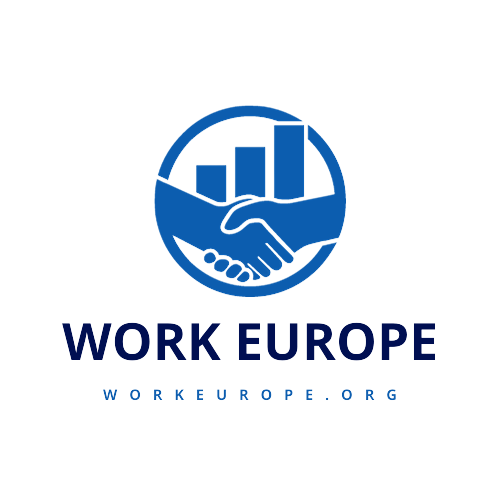
Work-life balance is a concept that holds significant importance in Europe, where the quality of life and overall well-being are highly valued. In this article, we’ll delve into the unique work-life culture of Europe, highlighting the key aspects that make it a region known for prioritizing the harmony between one’s professional and personal life.
The European Approach to Work-Life Balance
- Generous Leave Policies: European countries are known for their generous vacation and paid leave policies. It’s not uncommon to find paid annual leave ranging from 20 to 30 days per year, in addition to public holidays. This approach allows employees to take extended breaks, rejuvenate, and spend quality time with family and friends.
- Shorter Workweeks: Many European countries have embraced shorter workweeks, with 35 to 40 hours being the norm. This reduction in working hours provides employees with more free time to enjoy life outside of work.
- Flexible Working Arrangements: Flexible work arrangements, such as remote work, part-time work, and job-sharing, are increasingly common in Europe. These options allow employees to tailor their work schedules to better align with their personal lives.
- Strong Social Safety Nets: European countries generally offer robust social safety nets, including healthcare, unemployment benefits, and parental leave. This safety net provides peace of mind for employees, reducing stress related to personal and family well-being.
- Cultural Emphasis on Leisure: Europe has a rich cultural tradition of valuing leisure and recreation. Europeans prioritize hobbies, travel, and spending time with loved ones, fostering a culture where work is a means to an end rather than the end itself.

The Importance of Work-Life Balance in Europe
- Health and Well-being: The emphasis on work-life balance in Europe is closely linked to health and well-being. Europeans understand that maintaining a balanced life contributes to physical and mental health, reducing stress and burnout.
- Productivity and Creativity: Studies show that employees who have a healthy work-life balance are often more productive and creative in their roles. Time away from work allows individuals to recharge and return to their jobs with renewed energy and fresh perspectives.
- Attracting and Retaining Talent: European companies that prioritize work-life balance tend to attract and retain top talent. Prospective employees often seek out employers that offer flexibility and value their personal lives.
- Gender Equality: European countries have made significant strides in promoting gender equality in the workplace. Policies such as parental leave and flexible working arrangements contribute to a more equitable division of family responsibilities.
Challenges and Considerations
While Europe’s approach to work-life balance is admirable, it is not without challenges:
- High Cost of Living: In some European cities, the high cost of living can put pressure on individuals to work longer hours to maintain their desired quality of life.
- Globalization and Digitalization: The rise of globalization and digitalization can blur the boundaries between work and personal life. Employees in some industries may find it challenging to disconnect from work completely.
- Cultural Differences: Work-life balance practices can vary between European countries and regions. It’s important for individuals moving within Europe to research and adapt to the specific work culture of their destination.
Conclusion
Europe’s approach to work-life balance sets a positive example for the rest of the world. The region’s emphasis on leisure, shorter workweeks, and generous leave policies contributes to a high quality of life and overall well-being for its residents. As the world continues to evolve, Europe’s commitment to work-life harmony serves as a model for fostering a healthy work environment where individuals can thrive both personally and professionally.
WorkEurope.org is a platform connecting vacant jobs to skilled professionals around the world.

